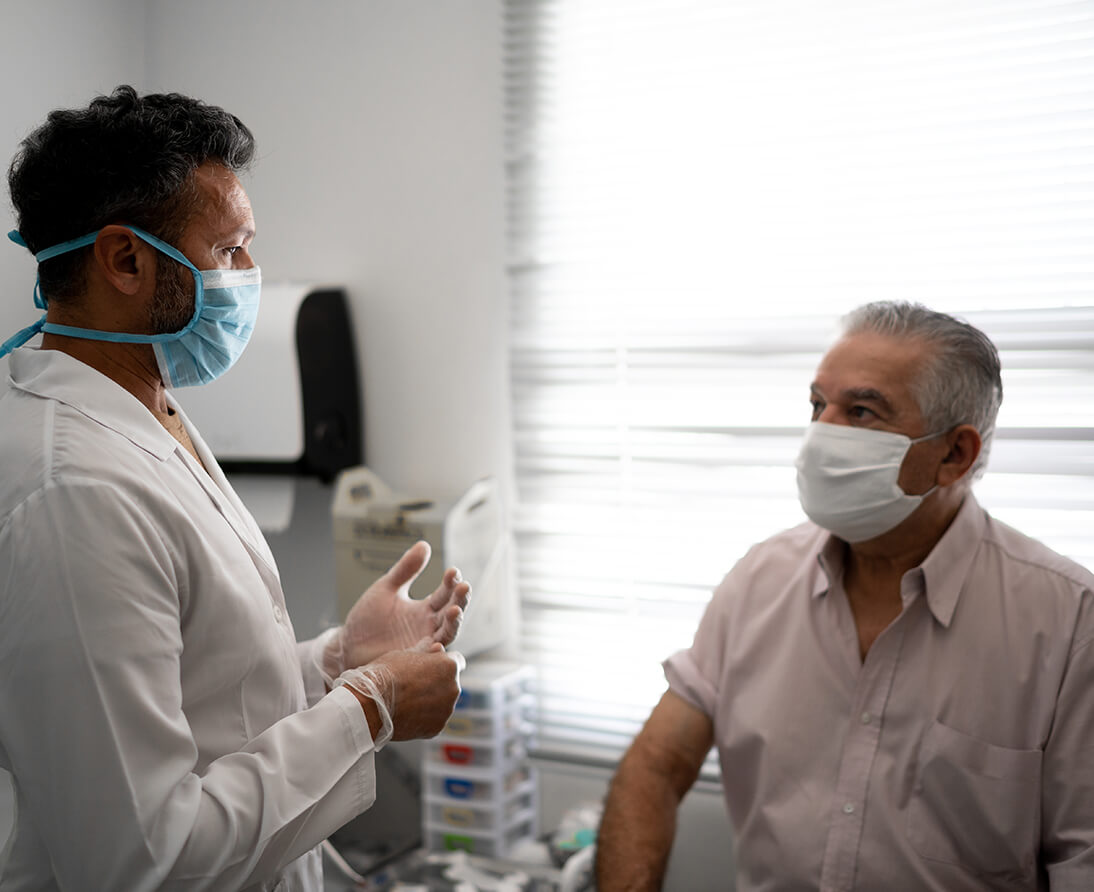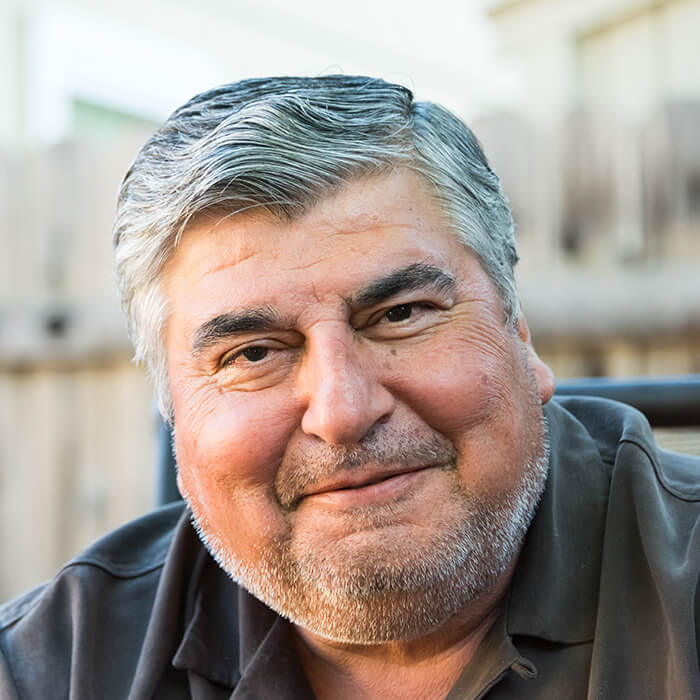When you’re depending on Social Security Disability benefits to keep food on the table, the idea of getting your benefits cut off is scary.
Every several years, Social Security reviews your case to check that your health impairments still leave you unable to work. It’s called a continuing disability review (CDR).
But don’t be too scared by your disability review.
How often does Disability spy on you? Usually nobody follows you or watches you.
And usually the review process is easier to pass than your initial application for benefits.
At Mathis & Mathis Disability Advocates, we care about our clients even after their case is done—including showing people how to handle SSDI surveillance and pass a continuing disability review.
If you live in Washington, DC, Baltimore, Alexandria and Northern Virginia, or anywhere in Virginia, Maryland, West Virginia, Delaware or Pennsylvania—or any state—come to us with your questions.
Social Security Disability Is All We Do.
Read more »



 back
back







